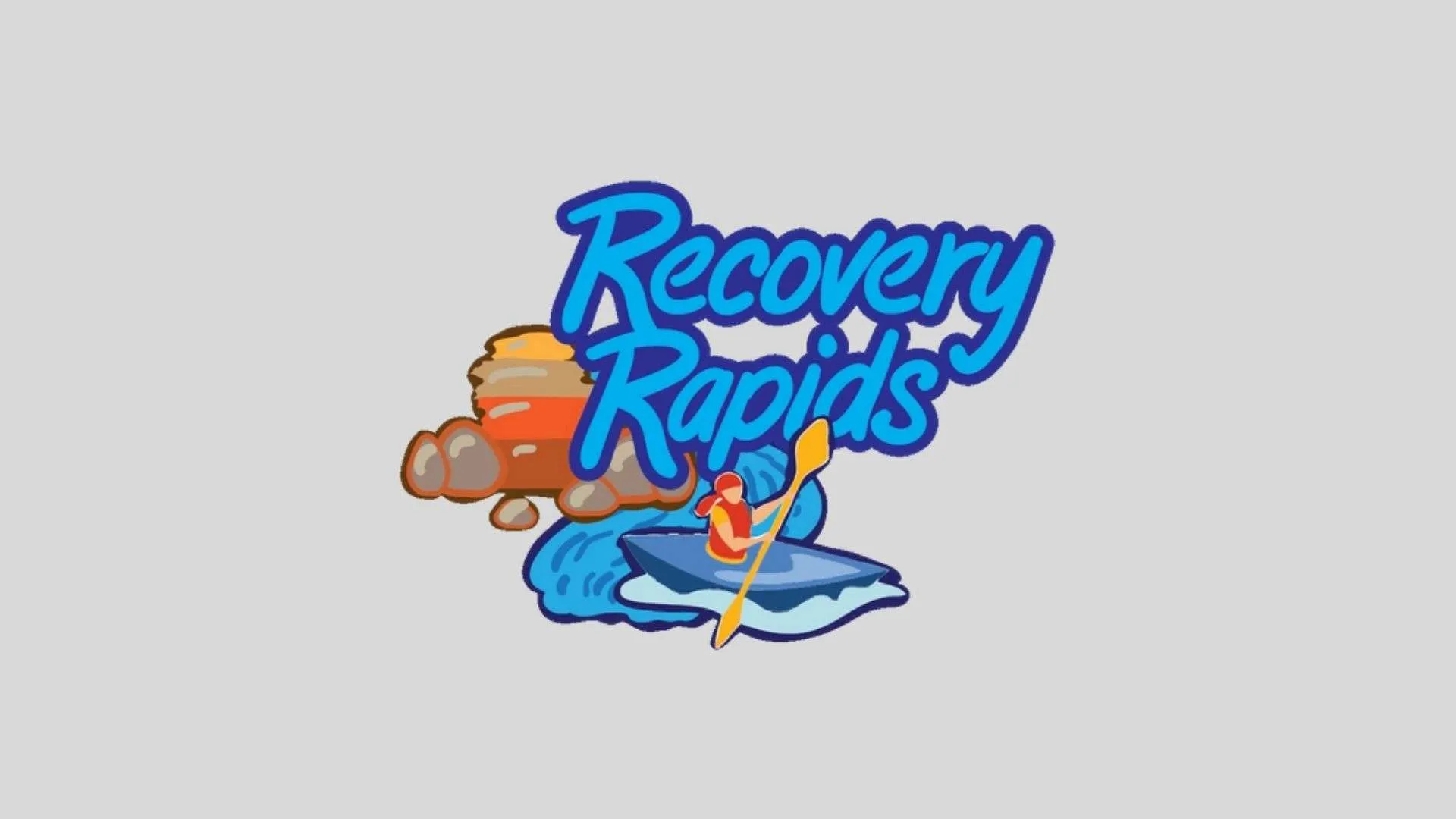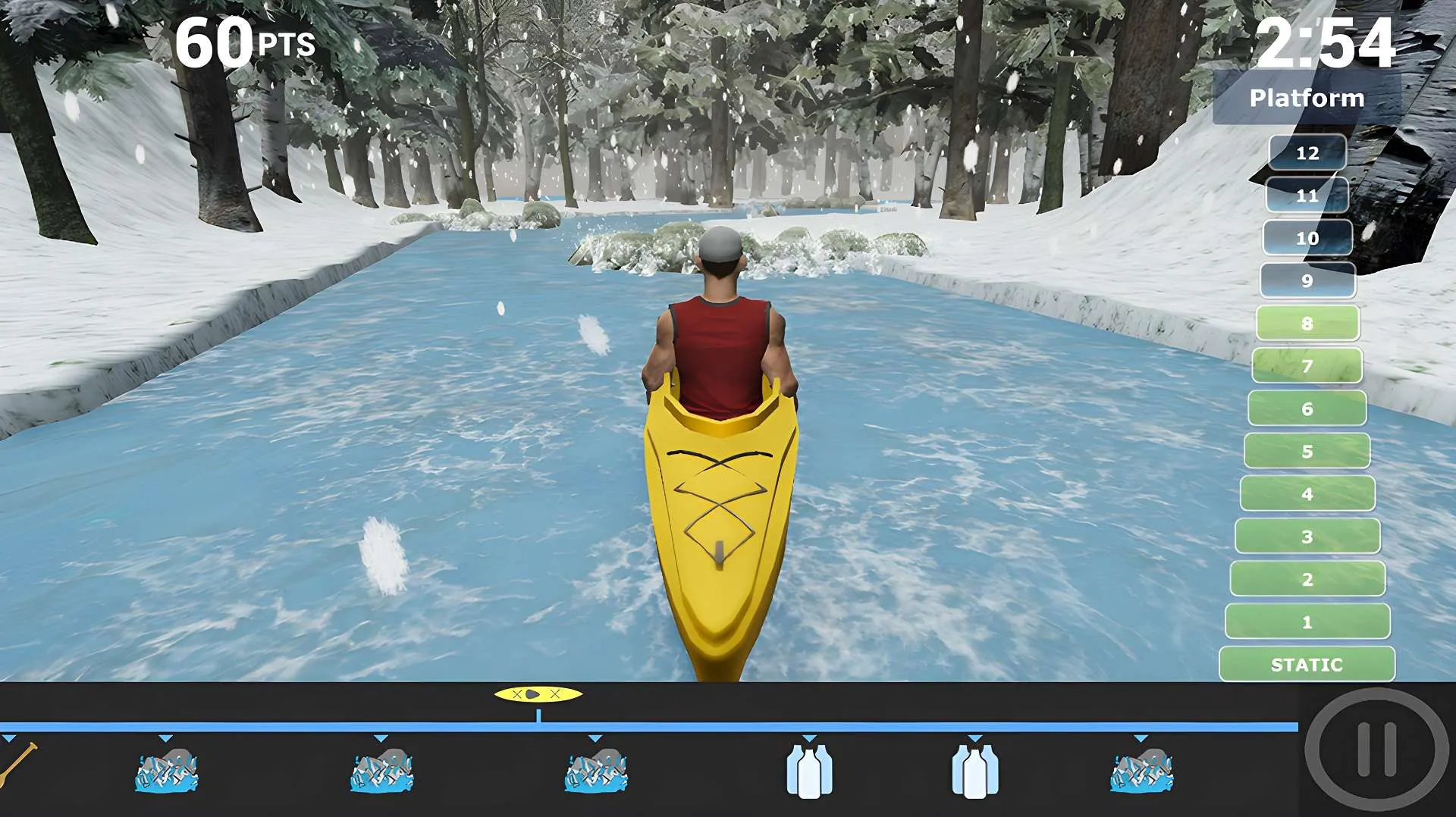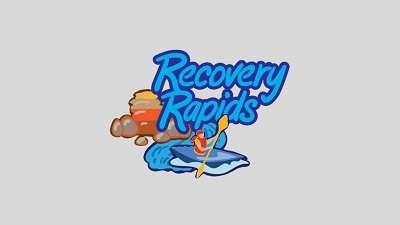
A video game helped patients improve motor skills and limb mobility from home.
According to the CDC, someone has a stroke every 40 seconds in the United States. The most frightening fact is that someone dies as a result of a stroke every 4 minutes. In recent years, tools for stroke recovery have improved, and the University of Missouri has developed one that is changing the game.
Improving stroke patients’ motor and mobility have been a goal for scientists for decades, as strokes are more prevalent than you may assume. That’s why a team of researchers developed Recovery Rapids, a motion-sensing video game that allows stroke patients to rehabilitate their motor skills and impacted arm motions at home while checking in with a therapist through telemedicine.
A great tool with more than seven years of development
The researchers discovered that video game-based therapy, such as Recovery Rapids, had similar outcomes to a treatment known as “constriction-induced therapy,” with the exception that using Recovery Rapids needs just one-fifth of the time used in the traditional therapeutic technique. Furthermore, when telemedicine became vital during the COVID-19 epidemic, the new technique saves time and money while boosting convenience and safety.

Patients seldom participate in traditional home rehabilitation activities because they are repetitious and tedious. Recovery Rapids encourages patients to take an active role in their rehabilitation by completing numerous obstacles in a pleasant and engaging environment, and researchers have discovered that patients regularly engage in the prescribed activities.
“As a therapist, I have seen hinterland patients drive over an hour to come to an in-person clinic three or four days a week, where rehabilitation is very intensive, taking three to four hours per session, and the therapist has to be there all the time,“ said Rachel Proffitt, assistant professor at the MU School of Health Professions.
“With this new approach to video games at home, we are reducing costs for the patient and time for the therapist, while improving comfort and overall health outcomes, so it’s a win-win for everyone. By saving time for therapists, we can now also serve more patients and have a wider impact on our communities,” Proffitt added.
Recovery Rapids, which has been in development for more than seven years, is a fantastic tool that proves that developers may create video games for scientific or health objectives, which can aid in the improvement of people suffering from various ailments.
If you want to know more about the benefits that Recovery Rapids can bring to stroke patients, check out the study conducted at the University of Missouri.
